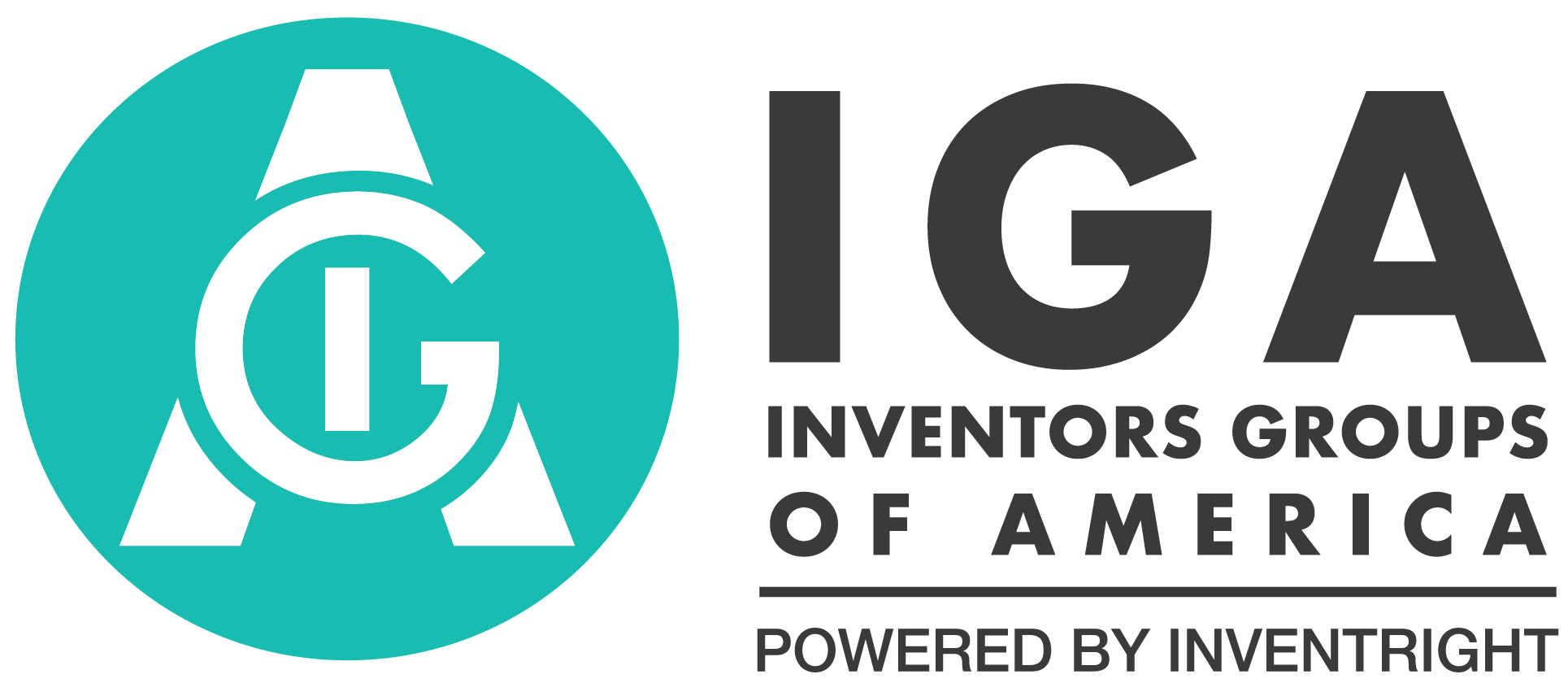In many industries when two parties are beginning to work out an agreement, it’s standard practice to agree to some basic terms before moving forward with a contract. Why? If you don’t share the same perspective on big-picture issues — or aren’t able to work together to get there -it’s foolish in terms of time and money to proceed to a contract. That being said, it’s still wise to tread lightly. Term sheets are really just the very start of a negotiation. If you bring up contentious issues early on, you may dissuade a potential partner from working with you. So when I craft a term sheet, I make sure to bring up important issues, but never the most difficult ones. Because what I’ve also learned is, with the right attitude, you can always come to some sort of compromise.
The reality is, good contracts take time. I can almost guarantee working out all of the details is going take longer than you want. Be patient. I prefer to tackle more difficult issues once both parties have become emotionally and financially involved, because at that point, it’s harder to pull out. Let time be on your side.
My expertise is in licensing concepts for new products in exchange for royalties. When a company is interested in licensing one of my ideas, I guide our conversation towards the formation of a term sheet. First, I start out by asking pointblank, “What do you need to be successful?” That’s really what it’s all about, isn’t it? Then I ask the following big-picture questions.
1. Do you need an exclusive?
2. What is your standard royalty rate?
3. How long would you like our agreement to last for?
4. Which territories do you need? For example, the United States? Mexico? Canada? Australia?
By crafting my questions this way, I’m able to more or less fill out a term sheet on my own using their answers. There might be a few things we need to keep negotiating. But this approach enables me to keep moving forward towards my next step, which is to ask for a licensing agreement.
This is a good time to note that I think you should always let a potential licensee draft your agreement. They need to take the lead. And in most instances, it’s in your best interest fiscally and otherwise to let them exert that initial effort.
Some of the issues I prefer to negotiate later on are minimum guarantees and improvement clauses.
If you ask for too much at the very beginning, like a licensing fee, that may be perceived as a red flag. Of course it’s understandable that you want to recoup some of the costs you’ve incurred developing the idea, such as filing intellectual property. But there are wiser strategies than demanding a lump sum upfront. If they want an exclusive, which most companies do, you can counter by asking them to cover the costs of past intellectual property as well as future filings. Filing intellectual property benefits you both, which is why this approach is smart. You’re acting like a team player. Your potential partner will appreciate that. If the company isn’t willing to pay for your idea’s intellectual property outright, you could ask them to deduct costs from your future royalties.
Whatever you do, don’t rush. There is truly no need to hurry. Take the time to understand what your potential partner needs, ideally by asking your questions over the phone. Get a positive dialogue going. One of the biggest mistakes I witness inventors make when working on a term sheet is asking for too much too soon. By that I mean, asking for a large advance payment, to own all improvements made to the concept, and large minimum guarantees.
Don’t get me wrong. I think you do need to own all improvements in order to preserve your perceived ownership. And without minimum guarantees, your contract isn’t worth much. My point is, after the company has expressed interest and begun working with you, they’ll be more likely to agree to your requests. Especially after you’ve been willing to give them what they need to be successful, such as an exclusive and specific territories and the right term length. Timing is everything.
You’ve undoubtedly heard it before, but it’s worth saying again: The single most important thing you can do to ensure you get to a contract is to act extremely positive. Try to understand their position. Be reasonable. Don’t push too hard. And more than anything, be patient.




